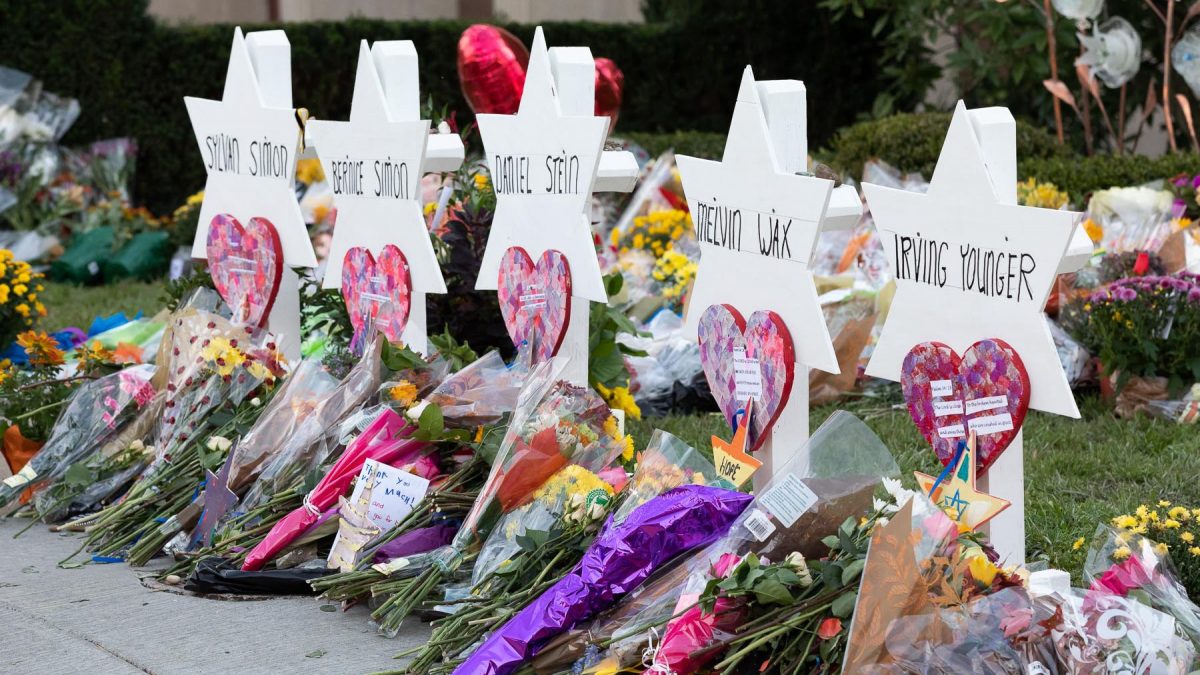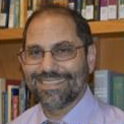
I want to share what I just sent to a wonderful new Muslim friend, with whom I am in a small cadre of Teaching Fellows at the Baltimore-based Institute for Islamic, Christian and Jewish Studies. We meet monthly as part of the Fellowship and do some cross-community work in the interim. My colleague was sharing her thoughts on the October 2018 Pittsburgh massacre (please don’t call it “killings” as many have). And I wrote back to her with my reflections:
Dear friend,
I personally appreciate this — particularly since I was saying the standard “prayer for our country” in the synagogue while first responders were still pouring into the Etz Chaim (Tree of Life) Congregation. To learn that someone was gunned down while leading services (which I do), as was a 97-year-old woman, and that the “greeters” (always the nicest people in a synagogue) were slaughtered… Well, that would seem to be too much.
There is much to be said. One thing to ponder is this: I have had some non-Jews tell me how surprised they were at the community gathering on Sunday morning (more than 1,000 people and a number of other large events at synagogues here). To them, it seems that Jews seemed to be dealing “OK” with this all.
I have, in recent days, spoken to three groups of teens and one group of adults about these events. We are all incredibly upset, and so many of us have connections to the Squirrel Hill neighborhood. We are also doing what we need to do — with a “unity Shabbat” at services across the country the following Saturday, reviewing security standards, and by continuing to live our lives as Jewish Americans — our second Promised Land.
In large part, that’s because part of our historical DNA reminds us that tragedies happen. It’s horrible, but we have no choice but to move forward. As the Yiddish expression passed down through the generations of my family goes: “Celebrate the hell out of the good times because the bad times will come.”
That said, the comfort and thoughts of so many friends and neighbors who are not part of the Jewish community is inherently what makes America different. This is why Jews should also be a support system for other ethnic/religious communities as well, and not just in times of need.
And sure, these are nice words. But it’s how we live our lives from now that matters.
Again, I am extremely grateful for your words as well as our participating in the ICJS program together. Clearly, we need it, it matters and we’re making a difference.
 Neil Rubin is teacher of Jewish history at Beth T’Filoh Dahan Community School. Rubin was a member of the 2018-19 ICJS Teachers Fellowship.
Neil Rubin is teacher of Jewish history at Beth T’Filoh Dahan Community School. Rubin was a member of the 2018-19 ICJS Teachers Fellowship.
Opinions expressed in blog posts by the ICJS Teacher Fellows are solely the author’s. ICJS welcomes a diversity of opinions and perspectives.